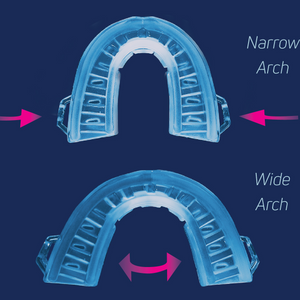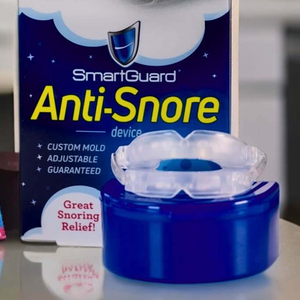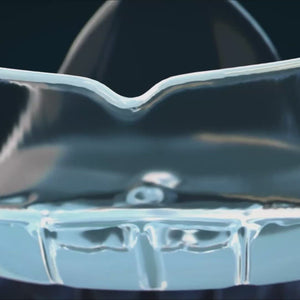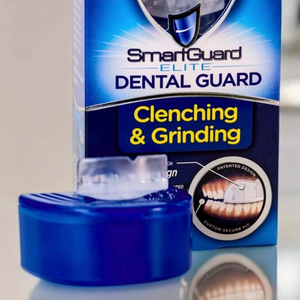Oct 06, 2025
WHAT’S THE BEST WAY TO DIE?
WHAT’S THE BEST WAY TO DIE?
This question is loaded with ambiguity and personal philosophy. Some might answer, “In my sleep”; and others might say, “After I have completed my life's work, my bucket list, and put my “affairs in order.” I will address both components in this article, and you can consider your preferences from either perspective.
A survey of 1000 people asked how they preferred to die: A) up against the grill of an oncoming semi-truck; B) a heart attack while making love; C) after a long battle with cancer; D) during one’s sleep. The overwhelming majority indicated they preferred to die while sleeping, presumably because it’s perceived as less scary and painful. Let’s first delve into the idea of dying in one's sleep.
WHAT CAUSES SOME PEOPLE TO DIE IN THEIR SLEEP?
Death during sleep can seem mysterious, but it's often linked to underlying medical conditions or sudden physiological events. Here's a breakdown of the most common causes:
Cardiac-Related Causes
Sudden Cardiac Arrest: The heart abruptly stops beating, often due to arrhythmias. It's one of the most frequent causes of sleep-related death.
Heart Attack (Myocardial Infarction): A blocked artery can damage heart tissue, sometimes fatally if it affects breathing centers.
Congestive Heart Failure: Progressive weakening of the heart can lead to respiratory arrest during sleep.
Long QT Syndrome & SUNDS: Genetic arrhythmias like Long QT can trigger Sudden Unexplained Nocturnal Death Syndrome, especially in young males.
Neurological Causes
Stroke: A clot or bleed in the brain, especially in the brainstem, can disrupt vital functions like breathing and consciousness.
Epilepsy (SUDEP): Sudden Unexpected Death in Epilepsy may occur during or after a seizure, often without warning.
Respiratory Causes
Respiratory Failure: Conditions like COPD, ALS, or muscular dystrophy can impair breathing enough to cause death during sleep.
Obstructive Sleep Apnea (OSA): Severe untreated apnea can exacerbate heart issues or cause fatal oxygen deprivation.
Central Sleep Apnea: The brain fails to signal breathing muscles, potentially leading to lethal oxygen drops.
Metabolic & Toxic Causes
Type 1 Diabetes (Dead in Bed Syndrome): Nocturnal hypoglycemia can cause seizures or death, especially in younger individuals.
Carbon Monoxide Poisoning: Odorless and silent, CO exposure during sleep can be fatal without warning.
Drug Overdose: Sedatives, opioids, or alcohol can suppress breathing or heart function fatally.
Other Rare Causes
Trauma: Undetected brain injuries may worsen overnight, leading to death.
Choking: Vomiting during sleep or inhaling objects can block airways.
Unexplained Night Death Syndrome (Bangungut/Dream Disease): A mysterious phenomenon seen in Southeast Asia, often affecting healthy young adults.
Most of these causes are either sudden or occur in people with known health risks. Interestingly, some deaths are truly painless and unnoticed, while others may involve brief distress depending on the underlying condition.
WHAT ABOUT DYING FROM SLEEP APNEA?
Sleep apnea is rarely listed as the direct cause of death, but its impact on mortality is significant—especially when left untreated. Here's what the data show:
Reported Incidence
Between 1999 and 2019, sleep apnea was officially recorded as an underlying cause of death in 17,053 people in the U.S.
However, this number likely underrepresents the true impact, since sleep apnea often contributes to fatal conditions like heart disease or stroke without being listed on death certificates.
IS THERE A LINK BETWEEN SLEEP APNEA AND HEART DISEASE?
Sleep apnea is strongly associated with the following:
Sudden cardiac death
Stroke
Atrial fibrillation
Heart failure
In fact, 42% of deaths in people with severe sleep apnea were attributed to cardiovascular disease or stroke.
WHY IS SLEEP APNEA DANGEROUS?
Sleep apnea causes repeated drops in oxygen levels during sleep, triggering stress responses that:
Elevate blood pressure
Increase inflammation
Strain the heart and brain
Over time, this can lead to fatal complications—especially in people with existing conditions like diabetes, hypertension, or obesity.
WHEN IS THE BEST TIME TO DIE?
The idea of a “preferred” time to die has been explored through philosophy, medicine, and cultural traditions—and the answers vary wildly depending on context.
Philosophical Perspectives
Some thinkers, like those at The Hastings Center, suggest that a “good” time to die might be when one has lived a full life—experienced love, work, learning, and growth—and feels that their contributions and joys have reached a natural conclusion.
Others argue that death is always a loss of potential, no matter when it occurs. Philosopher Thomas Nagel famously said death is tragic because it cuts off “indefinitely extensive possible goods.”
Medical and Ethical Views
In palliative care, the focus is often on dying with dignity—choosing to pass when suffering becomes unbearable and quality of life is irreversibly diminished. This is the basis of medical aid in dying laws in places like Canada and some U.S. states.
For terminal illness, some patients choose to die peacefully before pain or cognitive decline overtakes them. It’s not about giving up—it’s about choosing peace over prolonged suffering.
WHAT ARE THE CULTURAL AND GENERATIONAL INFLUENCES?
Many cultures honor the idea of dying “at a ripe old age,” surrounded by loved ones, having passed on wisdom and legacy.
Others see death as part of a generational cycle—where the old make way for the young, allowing renewal and evolution.







